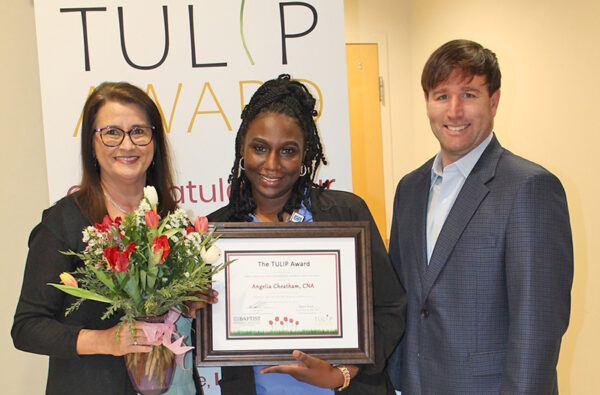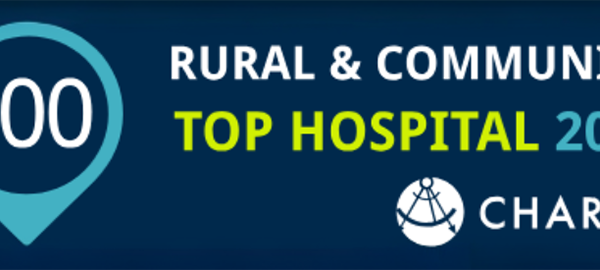You’ve gotten used to the idea of email scams, but have you considered whether scams come through the mail, as well? They do! A printed invoice or other notice you receive through the postal system may not be so innocent.
Laurie Christensen, an attorney with Baptist Memorial Health Care, explained that she often sees questionable invoices and offers or outright scams coming through the mail. We talked with her to learn more about fake invoices and how to help protect Baptist from potential scams arriving via the mail.
What should team members do if they receive an invoice addressed to Baptist that they think is suspicious?
Team members should know we have good resources in-house to assist with questionable invoices, and we’re not going to send a bill! We have some super sleuths, including team members in Accounts Payable, Legal and Corporate Procurement. If the invoice is a hard copy, scan and e-mail it to one of the team members in these departments. I just happen to be the one who seems to get these a little more often, but my colleagues are all highly qualified and capable to assist anyone in the Baptist system.
I recommend that team members do their due diligence and investigate something if it’s not expected. It is just like with the emails. Don’t click on anything. With invoices that come in the mail I suggest team members don’t pay anything that they haven’t seen before and aren’t expecting until they are 100% sure it is legitimate.
Are there any new scams coming through the mail these days?
One of the scams that has come to my attention and one that I’ve not seen before is the Uniform Commercial Code (UCC) mailing asking for $107 from Tennessee UCC Statement Service. Recipients of this mailing don’t usually need a copy of the UCC-1 financing statement, and if they do, they can receive it easily by contacting the Tennessee Secretary of State.
Education is the key to everything when it comes to keeping us safe. You can read the warning from Tennessee Secretary of State Tre Hargett about the TN UCC Statement Service scam.
We routinely have vendors file these UCC financing statements because they’re trying to protect whatever asset they have loaned to us via a rental agreement. So, while I was familiar with the subject matter of this mailing, I also knew that the one who would pay for a financing statement is the one who submits it, not us.
This scam was brought to my attention by Tracy Gordon in Accounts Payable after she questioned an invoice Baptist received. Baptist’s Director of Corporate Contracts Laura Riggins and Senior Negotiations Specialist Cathy Andrews helped find proof that it’s a scam.
We wanted to share this example to make everyone across the system more aware, and hopefully help prevent Baptist from paying unnecessary or fake invoices like this one.
What other scams do you see in the mail?
I receive mail scams quite frequently, mostly for trademark filings. These companies ask you, for instance, to spend $1,000 on a filing that would cost you $250. Maybe they think their labor is worth the inflated cost of $750. I also see offers to file a trademark renewal for the low, low price of $999, but the filing would cost very little for Legal to file ourselves.
In some cases, these companies are sending mailings that may provide a filing for a fee that could have been received for free. In other cases, a team member may receive an invoice for a product or service that was never ordered by Baptist.
Is there anything you’d like to add?
If there’s ever a question about an invoice or other mailing that Baptist receives, any team member can reach out to me or my colleagues in Legal or team members in Accounts Payable or Corporate Procurement and say, “Can you give this a quick look?” We are happy to!






